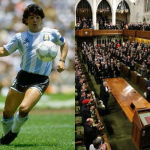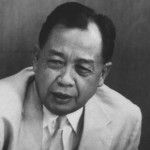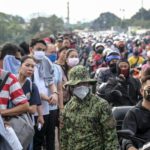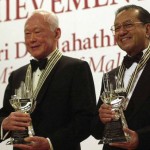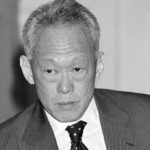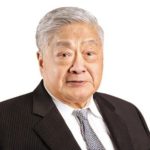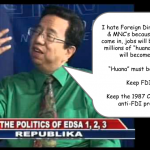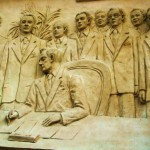Crowdsourced Malolos-Style Proposed Constitution

The draft presented here is a Malolos‐style Draft. I’m attempting to create a Constitution for the Philippines as it might look like had we not lost our parliamentary heritage from the 1899 Malolos Constitution of the First Philippine Republic that was so unjustly taken away from us following the aftermath of the Philippine‐American War. I have appropriated a lot of the terminology used in the Malolos Constitution — a parliamentary republic. These terms have a longer tradition of use in the Philippines. Hence, the more usual Anglo‐Saxon parliamentary terminology like Parliament, Cabinet, Prime Minister, Minister, and Member of Parliament are respectively replaced with Fil‐Hispanic parliamentary terminology like Assembly, Council of Government, President of the Council of Government, Secretary, and Representative. Where applicable, I have also incorporated features found in the Malolos Constitution, most notably the reintroduction of the Permanent Commission, which was an important part of the First Philippine Republic. The Malolos Constitution was also secular, so I have strengthened that feature as well.
Unfortunately, the Malolos Constitution is extremely vague in many portions, leaving it “to be determined by law”. Where there has been some doubt about the features of the Malolos Constitution, whether in terminology or procedure, I have had to extrapolate by looking at the Constitutions of countries from which the Malolos Constitution drew inspiration from, namely: Mexico, Guatemala, Costa Rica, Brazil, Belgium, and France. I have also looked at the Constitution of Spain, which no doubt must have also influenced the First Philippine Republic. Among the countries just mentioned, Mexico’s current Constitution from 1917 is the one that resembles the Malolos Constitution most, so that is the one I drew from most.
The following is based largely on the Amended 1987 Constitution as proposed by the Consultative Commission (Con‐Com) on Charter Change, but arranged in the same manner as the Malolos Constitution and appropriating the same terminology as the latter. Portions of this Draft Constitution are also borrowed from the Citizen’ Movement for a Federal Philippines (CMFP) Draft Constitution, the We Citizens Advocates for Reforms Movement (WeCARe) Draft Constitution, the Con‐Com Minority Draft Constitution, as well as parliamentary Constitutions around the world, namely: Australian, Indian, Israeli, German, Danish, Swedish, and Norwegian.
I have also incorporated provisions for a ceremonial “geriatric” Head‐of‐State as proposed by the principal co-founder of the CoRRECT™ Movement, Orion Pérez Dumdum. The whole idea is to have a politically neutral ceremonial Head‐of‐State, who can elicit a natural psychological reaction from among the people of respect, reverence, and awe for the presidency, in the same manner as for a constitutional monarch, through his old age, wisdom, long years of experience, and well-known accomplishments in life.
As per the CoRRECT™ Three Point Agenda, this draft features:
- Economic Liberalization: All citizenship restrictions for the ownership of alienable land, the exploitation of natural resources, the operation of public utilities, the ownership of mass media, advertising companies, and educational institutions, and the practice of professions are removed.
- Evolving Federalism: Local autonomy is enhance with provisions allowing for the creation of autonomous territories anywhere in the country, and for a federal system to be implemented upon the ratification of the people when at least 60% of the country is composed of autonomous territories.
- Parliamentary System: The current presidential form of government is replaced with a parliamentary form of government, where the executive branch of government is made directly responsible to the legislative branch of government, and the functions of Head of State and Head of Government are separated.
Other features of this draft include:
- Secularism is strengthened, with explicit provisions keeping the practice of religion and the functioning of the State separate.
- The fundamental rights of citizens are strengthened.
- The existing two chambers of Congress are fused into a single chamber called the National Assembly.
- The parallel voting system is maintained, but made more reflective of the wishes of the electorate.
- Terms of the members of the National Assembly shall be five years without term limits as is usual in a parliamentary system.
- Elective office, except that of the President and Vice President of the Republic (the Head of State and his deputy), will be open to all citizens (not just natural‐born ones).
- The President of the Republic will not be elected, but will ascend into the position from the position of Vice President when the former ends his seven-year term. The Vice President of the Republic will be directly elected by the people from among three candidates nominated by the National Assembly.
- The Commission on Human rights is reconstituted with additional powers as a new Constitutional Commission called the Rights Enforcement Commission.
- The old Regalian doctrine under which the State owns natural resources is replaced with a doctrine of State stewardship.
- Free enterprise, open market competition, and private initiative are enshrined as principles of national economic policy.
- Articles XII and XIII and certain provisions of Article II of the 1987 Constitution are merged for logical clarity and force, and those provisions of Article II of the 1987 Constitution that were superfluous (given other provisions that already exist) or were merely declarative (with no legal meaning) have been deleted.
- To strengthen federalism, there will be numerous official native languages, instead of just one national language. English is to be sustained as official language of communication and instruction in the country, while Spanish is to be promoted as official heritage language.
Written by Kristian Ligsay Jensen on behalf of the CoRRECT™ Movement.
Sub Wikis
- Transitory Provisions
- Title X on Constitutional Reform
- Title IX on Economic and Social Policies
- Title VIII on The Accountability of Public Officers
- Title VII on Local Government and Autonomous Territories
- Title VI on The Constitutional Commissions
- Title V on Judicial Power
- Title IV on Executive Power
- Title III on Legislative Power
- Title II on The Filipinos and their National and Individual Rights and Duties
- Title I on Preliminary Provisions
- Preamble


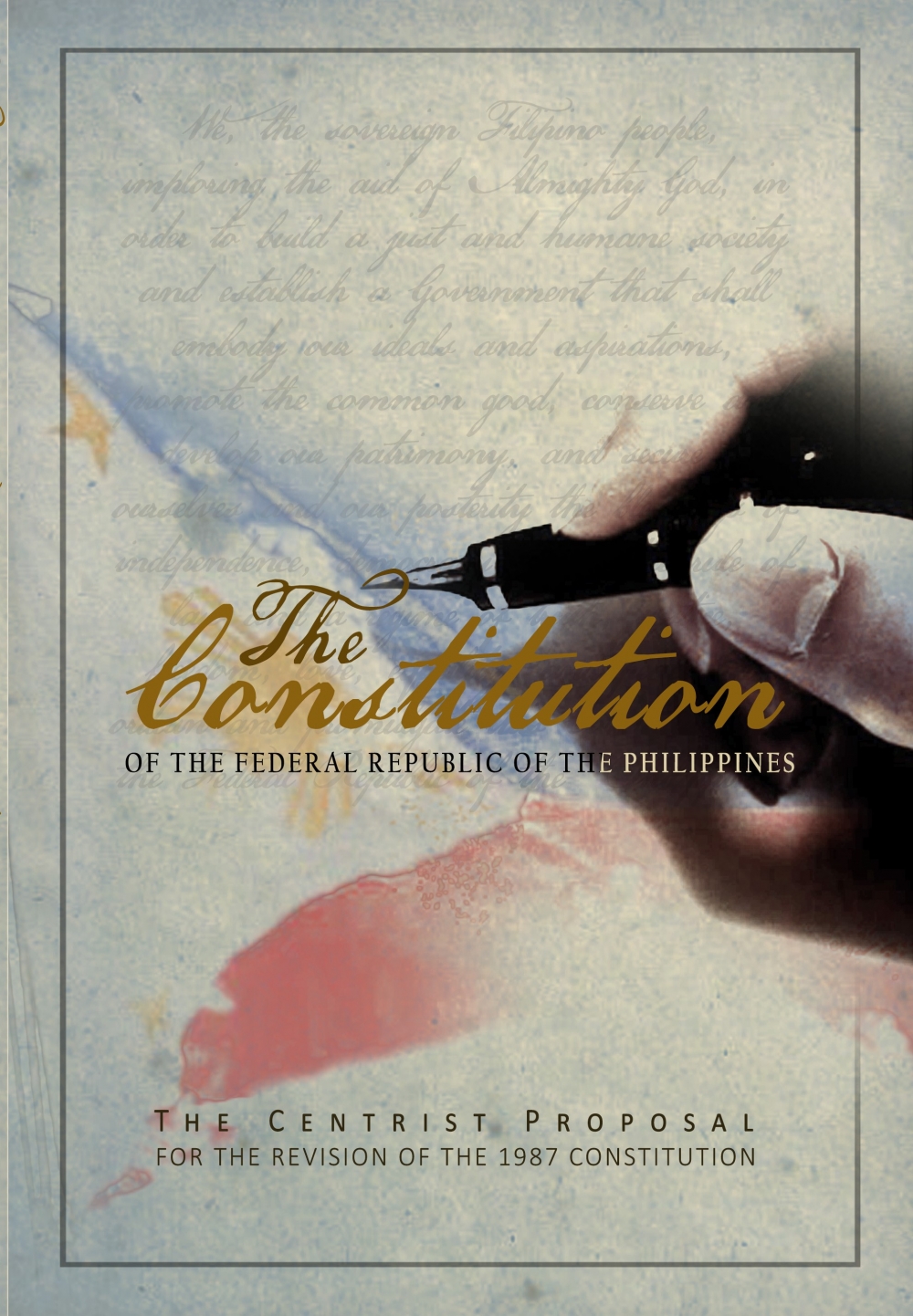
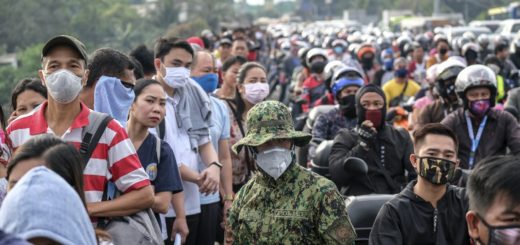
 I believe: This is a CoRRECT™ Video with a very positive message
I believe: This is a CoRRECT™ Video with a very positive message Walang Natira: Gloc-9's MTV Rap about the OFW Phenomenon
Walang Natira: Gloc-9's MTV Rap about the OFW Phenomenon

